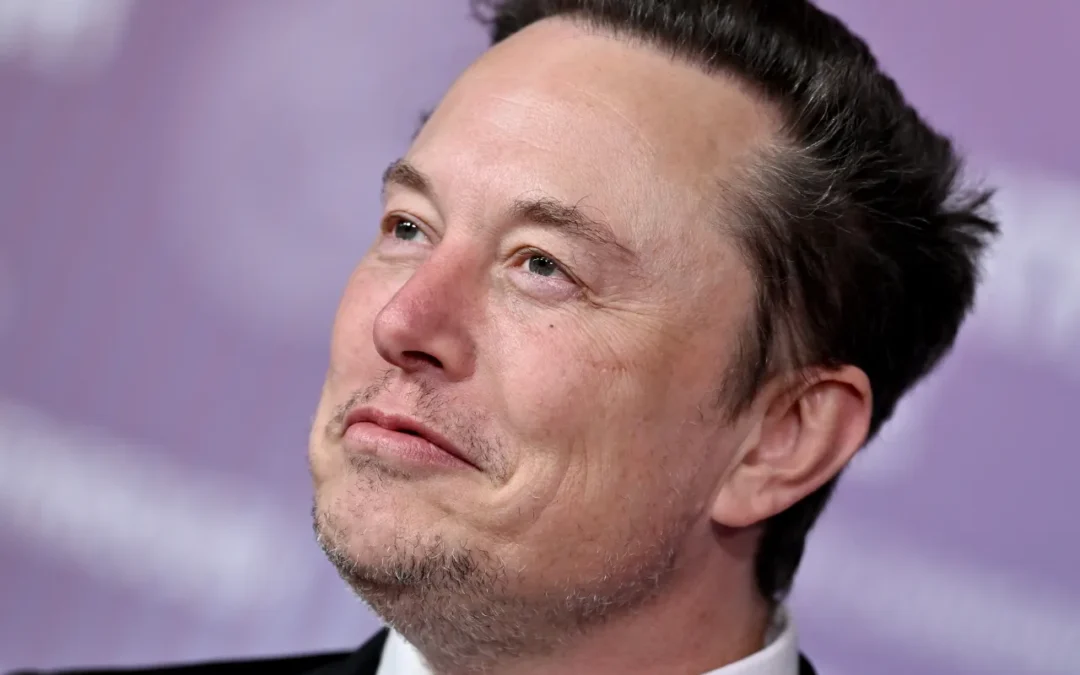Elon Musk’s social media platform X was recently reinstated in Brazil after being blocked by the country’s Supreme Court for three weeks. The court had fined X Corp. nearly $1 million per day for non-compliance. However, Cloudflare CEO Matthew Prince described X’s return as a mere “coincidence,” stating that the platform’s reinstatement was a result of switching cloud providers from Fastly to Cloudflare. According to Prince, this change unintentionally disrupted how Brazilian ISPs were blocking X’s IP addresses.
Prince clarified in an interview with TechCrunch that Cloudflare had not been involved in helping X circumvent the Brazilian ban. The CEO stated that the switch was simply part of a broader transition of X’s infrastructure to Cloudflare’s services. The change in cloud providers inadvertently caused X to bypass the country’s ISP-level block, though Prince emphasized that there was no intention behind this from either Cloudflare or X.
This technical mishap raised eyebrows, as Musk had already explored other avenues to bypass Brazil’s restrictions, including the potential use of Starlink satellites to keep X running in the country. While the platform’s transition to Cloudflare may have been unintentional, Brazilian regulators were quick to reblock X with the assistance of Cloudflare, ensuring compliance with the original court ruling.
X’s representatives stated that the switch to in-network providers, initiated weeks ago, had affected its infrastructure across Latin America, not just Brazil. As a result, the platform experienced significant disruptions during the transition period. Although the timing of the incident was described as coincidental, the situation has fueled speculation about whether X was trying to find a backdoor to stay operational.
Brazil’s Supreme Court has been firm on its stance, especially following concerns about the spread of disinformation. Musk has now complied with other court mandates, including appointing a legal representative in Brazil. However, the technical loophole caused by the switch to Cloudflare highlights the complexities of enforcing digital bans in an era of rapid infrastructure changes.
Rose Adams is a seasoned software engineer with a deep expertise in front-end development, particularly in HTML, CSS, and JavaScript. With years of experience in the field, Rose has become a go-to expert for creating sleek, responsive web interfaces and interactive user experiences. Beyond her technical work, she is an avid blogger, sharing her knowledge and passion for web development through detailed articles and tutorials. Her writing covers a range of topics, from basic coding techniques to advanced programming strategies, helping both beginners and experienced developers enhance their skills.
